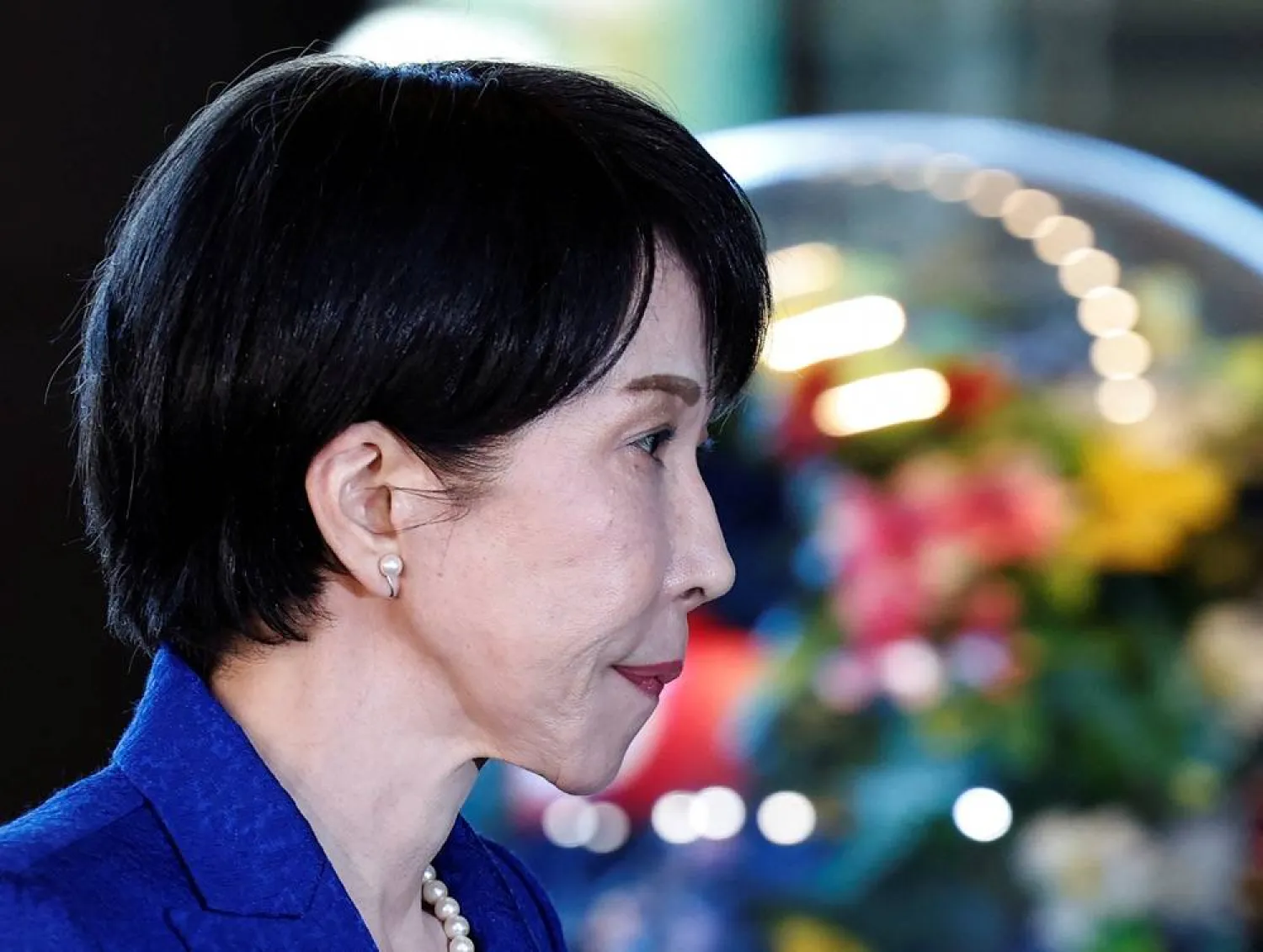Iranian authorities issued "secret directives" to the security and the judiciary units to prepare for public protests after an increase in food prices due to fears of the collapse of the Vienna talks, Iranian sources told Asharq Al-Awsat.
The sources said that the security services, police, riot control, the judiciary, and public prosecution offices are on alert to face possible disturbances within the next three months.
A judicial source said that the instructions refer to "more severe protests than the previous public protests," with growing public discontent, especially after increasing prices of essential food commodities.
The military and security services, especially the riot control, police stations, and checkpoints, increased their daily and night patrols at the entrances and exits of cities.
On Monday, education staff employees launched protests in dozens of Iranian cities.
The Teachers' Trade Association said that the authorities continued to arrest teachers and participants in the International Workers' Day rallies, which coincides with Teacher's Day in Iran.
Negotiations collapse
On March 11, last-minute Russian demands threatened to derail the near-complete process of reviving the Iran nuclear deal.
After the Russian issue was overcome, the negotiations faced another obstacle when Tehran demanded the US removes the Iranian Revolutionary Guards Corps (IRGC) from the list of terrorist organizations.
A source said that Iranian officials know they will not reach an agreement in the short term, and the current government prefers to continue negotiations without signing anything.
Iran's Foreign Minister Hossein Amir-Abdollahian and his Irish counterpart Simon Coveney held a telephone conversation on Wednesday.
Abdollahian said that the US has to adopt a realistic approach and modify former US President Donald Trump's illegal behavior, and take steps in the direction of developing political initiatives.
The ministry said that Iran will continue the path of diplomacy until achieving a final agreement in the Vienna talks.
In addition to developing and proposing political initiatives, Iran has shown that it has the necessary will to reach a "good," "strong," and "lasting" agreement in the Vienna talks, the top diplomat was quoted as saying.
Coveney described Iran's initiatives in the Vienna talks as commendable, highlighting the necessity of reaching a "good" agreement through the diplomatic process that would be capable of safeguarding the interests of Tehran's interests and the other parties.
Inflation
Meanwhile, despite objections among the middle and poor classes, inflation hit the Iranian markets, which was reflected in the chants during the state rallies on the occasion of al-Quds Day.
Conservative members of the parliament criticized the cabinet last month following the new wave of inflation.
Iranian President Ebrahim Raisi ordered the regulatory authorities to set new measures that regulate markets and control prices.
State-owned media reported that the monetary decisions of the government led to a decline in annual inflation from about 60 percent to 46 percent in March.
Last month, the government announced it was revoking its subsidized exchange rate system for imports.
However, observers are concerned after essential commodities, especially bread, continue their upward trajectory.
The Jamejam website, affiliated with state television, quoted the Director General of the Basic Commodity Price Control at the Ministry of Agriculture as saying the news of the bread price increase was a "rumor."
Reports stated that the price of one piece of "baguette" rose from 3,000 rials to 10,000 rials. The cost of a 40kg bag of flour reached 600,000 rials, up from 260,000 rials.
The IRGC-affiliated Fars news agency said the government increased the prices of flour and pasta following a rise in global inflation due mainly to the Russia-Ukraine conflict.
It is estimated that every Iranian citizen consumes half a kilogram of pasta a month.
The US dollar was selling for 28,250 rials, according to the foreign exchange site Bonbast.com.
Water Crisis
An official source, who spoke on anonymity, said the authorities fear the water crisis will coincide with deteriorating living conditions and basic goods.
A judicial source also confirmed instructions from the higher bodies regarding the possibility of protests erupting due to water scarcity in the country.
The Ministry of Energy announced that water levels in dams had decreased 60 percent before the summer season.
The Executive Director of the Water and Electricity in Ahwaz Governorate, Abbas Sadrian, said that the province's dams have 4.7 billion cubic meters, equivalent to 36 percent of the total volume of dams explaining that 64 percent of the dams' capacity is empty.
Experts warn of the dire consequences of the drought for the second year in a row in the provinces affected by the government's water policies.
Based on these estimates, officials expect the water protests to erupt in the Arab-majority province of Ahwaz in the south.
An activist said the authorities launched an intense campaign through Friday prayer sermons in the affected areas, fearing that public discontent would lead to protests.









